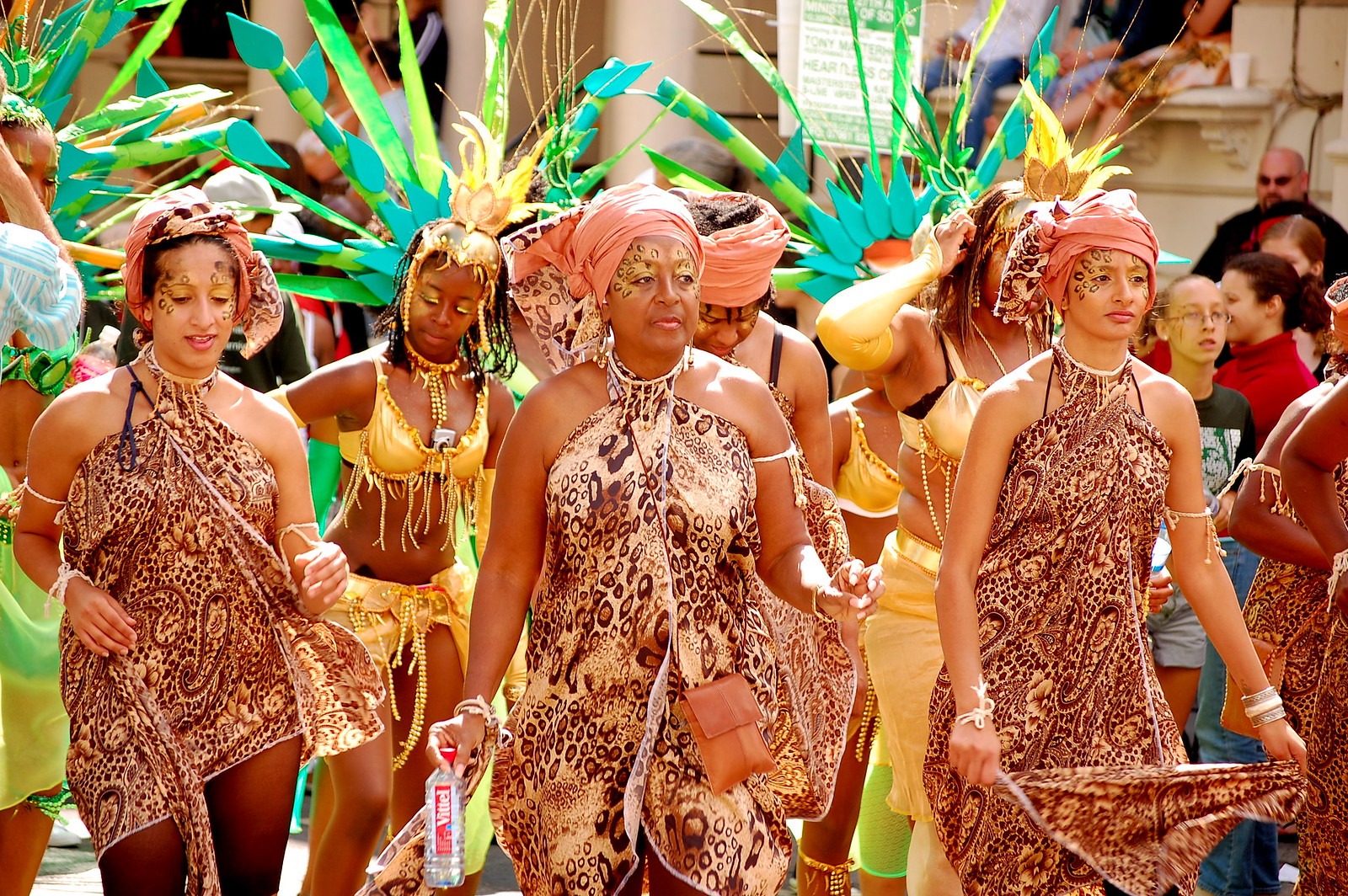Carnival Classics 2: A kaleidoscope of Black British Music
Carnival Classics 2, hosted by the legendary soundsystem Rampage Sound, lit up the stage with some of the very best in Black British music, including genres such as Lover’s Rock, Grime, and Funky House.
Yapping intro (before I get into the review!)
As I young child, one thing I can recall (and continue to boast about at my big age) is my parents’ love and adoration for all types of music. Day, night, car, stereo, burnt CDs or MP3 music was always playing in my house, opening me and my two older sisters up to ballads from the likes of Mariah Carey to Anita Baker to The Commodores (to name a few!)
This musical experience deeply resonated with me for these reasons and was almost like a time capsule of music I was rediscovering as an adult, and which I will hopefully pass down to my children! (If I have any).
Music, as we know, has the ability to feel the things you need to and to also say what you want to say, even if you’re not quite sure how to say it. This music festival made me feel proud to have been exposed to the different genres that stem from Lovers Rock and Ska, whilst realising the immense historical impact that Black artists continue to have on music.
Now, enough of me! Let’s get into this review….
Review begins
Carnival Classics 2 provided the ultimate early warm-up to carnival, taking place around the middle of June, gracing our ears with both classic and reimagined stylised renditions of Lover’s Rock classics from Caroll Thompson and Janet Kay to Funky house legends Kyla and Donaeo, with the fantastic Nu Civilisation Orchestra to celebrate the iconic tracks that have helped to shape Notting Hill Carnival.
Notting Hill Carnival, nestled in Ladbroke Grove, West London, originated in 1959 as an indoor Caribbean festival founded by Trinidadian activist and journalist Claudia Jones. Her aim was to foster unity and celebrate Caribbean culture, music, and dance amid racial tensions following the Notting Hill Riots, where white working-class and far-right groups, including the ‘Teddy Boys,’ violently targeted Caribbean immigrants.
These events spurred greater Black activism, the formation of anti-discrimination groups, and ultimately, the establishment of the Notting Hill Carnival we know today.
In 1966, the first outdoor carnival was organised by community activist Rhaune Laslett to celebrate the area’s diversity. It quickly became a beloved event, reflecting Notting Hill’s vibrant mix of Afro-Caribbean, South Asian, and white working-class communities. Over time, Caribbean traditions such as steel pan, soca, calypso, and colourful hand-decorated ‘Mas’ costumes became central to the celebrations.
Being Caribbean myself, one thing we love to do on any occasion is dance, catch a riddim, and feel the vybz — which is exactly what we did at the Barbican!
The evening began with Rampage Sound warming up the crowd with a mix of soca and old-school bashment, joined by Black women strutting the stage in bright mas costumes, showcasing their immaculate moves.
This was followed by reflections on the migration of Black Caribbeans to the UK, with video interviews of Windrush elders, alongside orchestral renditions of soca classics like Byron Lee and the Dragonaires’ “Nani Wine” and Lord Kitchener’s “Sugar Bum Bum.”
Lovers Rock legend Janet Kay then graced the stage with “Silly Games,” inviting the crowd to sing along, while soul singer Omar delivered a smooth rendition of “There’s Nothing Like This.” Donae’o closed with high energy, performing “African Warrior” and his generational anthem “Party Hard.”
Though the event beautifully celebrated Black British music, it was a shame that no British soca artists were included, such as Ms Desire or East London’s Alison Hinds, given how integral the genre has become to the Notting Hill Carnival soundtrack.
Through music, Carnival Classics 2 told the story of how Carnival evolved from traditional Caribbean sounds to the dynamic breadth of Black British music we celebrate today.

0 Comments Add a Comment?